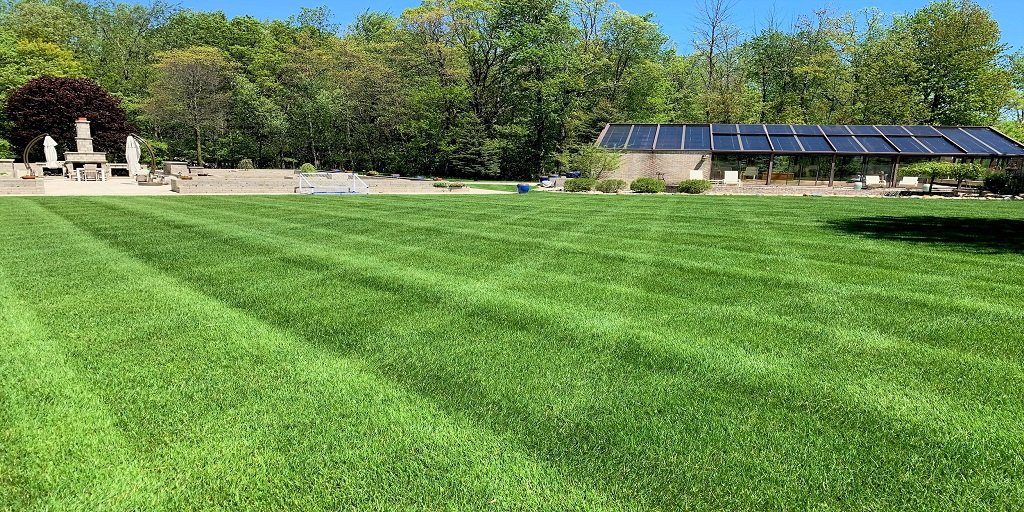If you’re a home remodeler looking to grow your business, having a strong online presence is essential. Your website is often the first interaction potential clients have with your company, so optimizing it for search engines can make a significant difference. In this article, you’ll learn how to effectively optimize your home remodeler website for SEO, boosting your visibility, attracting more visitors, and ultimately generating more leads.
Why SEO Matters for Home Remodelers
Before diving into the how-to, it’s important to understand why SEO is critical for home remodelers. The construction and remodeling industry is highly competitive, and many customers begin their search for services online. When you optimize your website for search engines, you increase your chances of showing up on the first page of Google or Bing. This means more potential clients find you first, which can directly lead to increased business.
By implementing smart SEO strategies, you ensure your website ranks well for relevant keywords such as home remodelers SEO and related search terms, putting you ahead of competitors who neglect this crucial marketing tool.
Conduct Thorough Keyword Research
Keywords are the foundation of any successful SEO strategy. For home remodelers, this means identifying terms and phrases your potential customers use when searching for remodeling services. Keywords like home remodelers SEO, kitchen remodeling, bathroom renovation, or home renovation contractor are examples of what your target audience might type into search engines.
Use keyword research tools like Google Keyword Planner, SEMrush, or Ahrefs to find popular and relevant keywords. Focus on both broad and long-tail keywords—long-tail keywords (such as affordable home remodelers near me or custom bathroom remodel ideas) tend to have lower competition and higher conversion rates.
Make sure to sprinkle these keywords naturally throughout your website content, including your homepage, service pages, blog posts, and meta descriptions. Avoid keyword stuffing, which can harm your rankings.
Optimize Your Website Structure and Navigation
A well-organized website not only improves user experience but also helps search engines understand your site better. As a home remodeler, your site should have clear, easy-to-navigate menus with distinct sections for your services, portfolio, testimonials, and contact information.
Use descriptive URLs that include relevant keywords, such as:
- www.yourremodelingcompany.com/kitchen-remodeling
- www.yourremodelingcompany.com/home-additions
Also, implement a sitemap.xml and robots.txt file to guide search engine crawlers efficiently through your website.
Create High-Quality, Engaging Content
Content is king in the world of SEO. To rank well for Home Remodelers SEO and other key phrases, you need to create informative, original content that addresses the needs of your target audience.
Write detailed service pages that explain the remodeling services you offer, the process you follow, and what sets your company apart. Incorporate photos of your completed projects to build credibility.
Additionally, maintain a blog where you share valuable tips, trends, and insights related to home remodeling. Articles like “Top 5 Kitchen Remodel Trends in 2025” or “How to Choose the Best Home Remodeler” will attract visitors and encourage them to stay on your site longer, improving your SEO ranking.
Optimize On-Page Elements
On-page SEO refers to optimizing individual web pages to rank higher and earn more relevant traffic. Here’s what you need to focus on:
- Title Tags: Each page should have a unique, keyword-rich title tag (around 50-60 characters) that clearly describes the page content.
- Meta Descriptions: Write compelling meta descriptions that include your target keywords and encourage users to click through.
- Headings (H1, H2, H3): Use headings to break up content logically and include keywords where relevant.
- Image Optimization: Use descriptive file names and alt text for images, which helps search engines understand your visual content.
- Internal Linking: Link between your website pages to guide visitors and distribute page authority.
By optimizing these elements, you make your site more attractive to search engines and easier for users to navigate.
Enhance Website Speed and Mobile Friendliness
A slow-loading website or one that isn’t mobile-friendly can drive visitors away, increasing your bounce rate and negatively impacting your SEO.
Make sure your home remodeler website loads quickly by compressing images, minimizing code, and leveraging browser caching. Tools like Google PageSpeed Insights can help you identify and fix speed issues.
Since many users search for services on their phones, ensure your site is fully responsive, offering a seamless experience on all devices.
Build Local SEO Authority
Most home remodeling projects are local by nature, so local SEO is crucial for your business. To improve local rankings:
- Claim and Optimize Your Google My Business Profile: Include accurate contact details, business hours, photos, and encourage satisfied clients to leave reviews.
- Add Local Keywords: Use geo-targeted keywords such as “home remodelers in [your city]” throughout your website.
- Get Listed on Local Directories: Ensure your business is listed on reputable local directories like Yelp, Angie’s List, and Houzz.
- Create Location-Based Content: Write blog posts or landing pages focusing on remodeling projects in specific neighborhoods or communities.
Local SEO helps you show up in “near me” searches and Google Maps, which are often high-converting leads.
Leverage Social Media and Backlinks
While social media signals don’t directly impact SEO rankings, they play a significant role in driving traffic and building brand awareness. Share your blog posts, project photos, and client testimonials on platforms like Facebook, Instagram, and LinkedIn to engage your audience.
Backlinks from reputable websites boost your domain authority and search rankings. Reach out to local businesses, suppliers, or home improvement bloggers for guest post opportunities or partnerships. Also, get featured in local news outlets or industry directories.
Monitor and Analyze Your SEO Performance
SEO is not a one-time task but an ongoing process. Use tools like Google Analytics and Google Search Console to track your website traffic, user behavior, keyword rankings, and backlinks.
Pay attention to which pages are performing well and which need improvement. Adjust your SEO strategy based on data, and continue creating fresh, optimized content.
Conclusion
Optimizing your home remodeler website for SEO is an essential step toward expanding your online presence and attracting more clients. By conducting keyword research, optimizing your site structure, creating quality content, and focusing on local SEO, you position yourself ahead of the competition.
Remember to check over here regularly for SEO updates and best practices to keep your website in top shape. With patience and persistence, your investment in SEO will pay off in increased visibility, more leads, and a thriving home remodeling business.











Leave a Reply